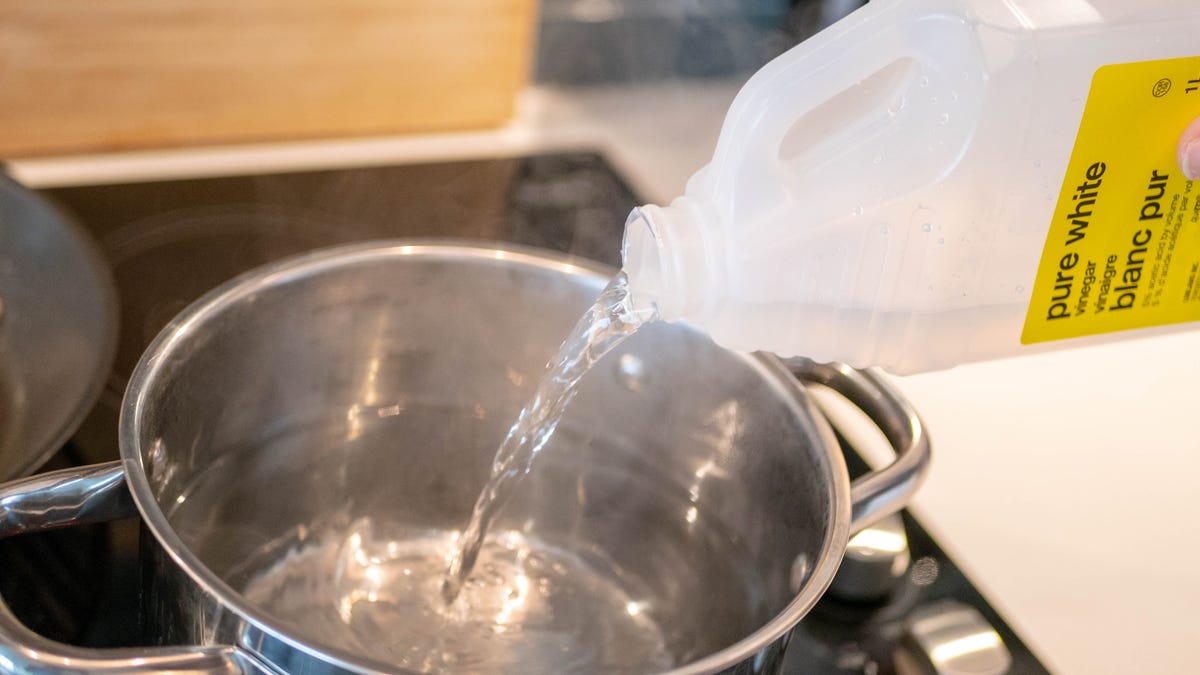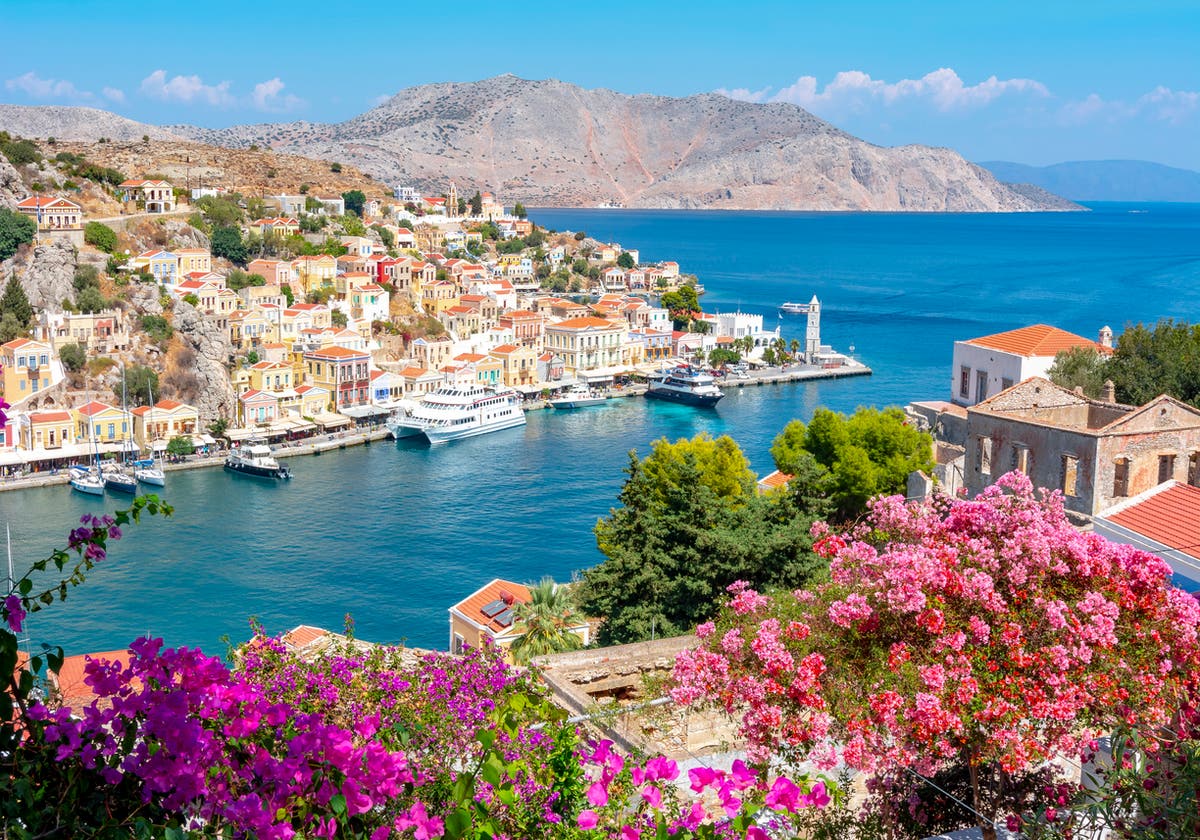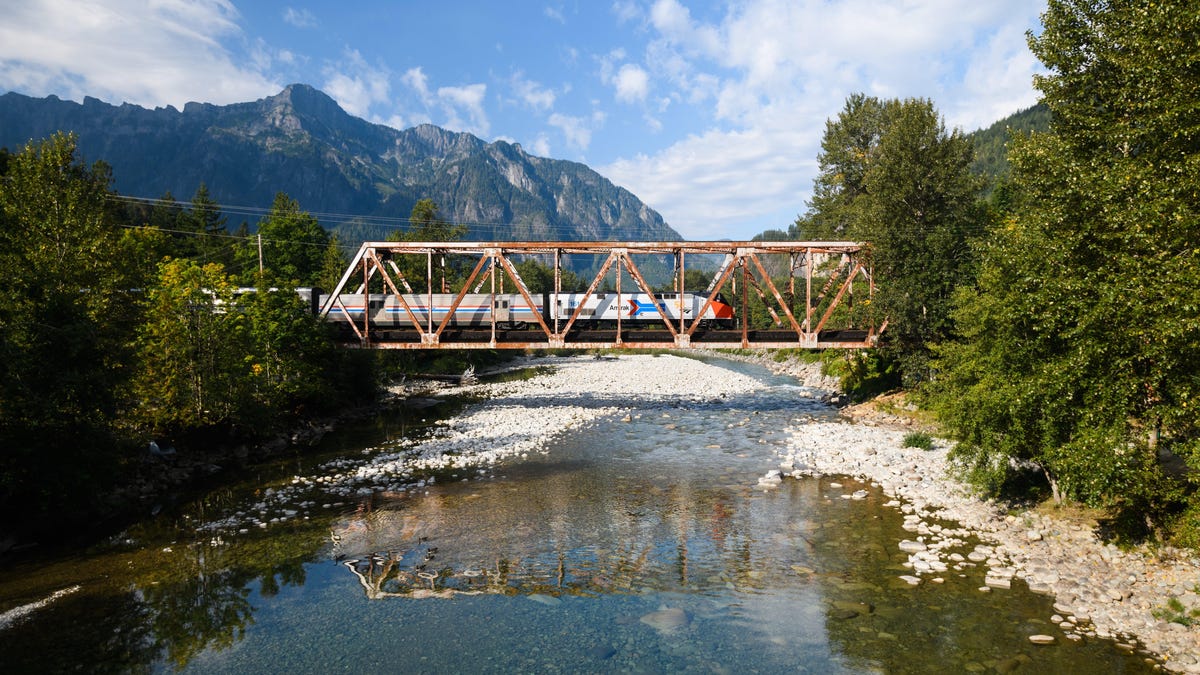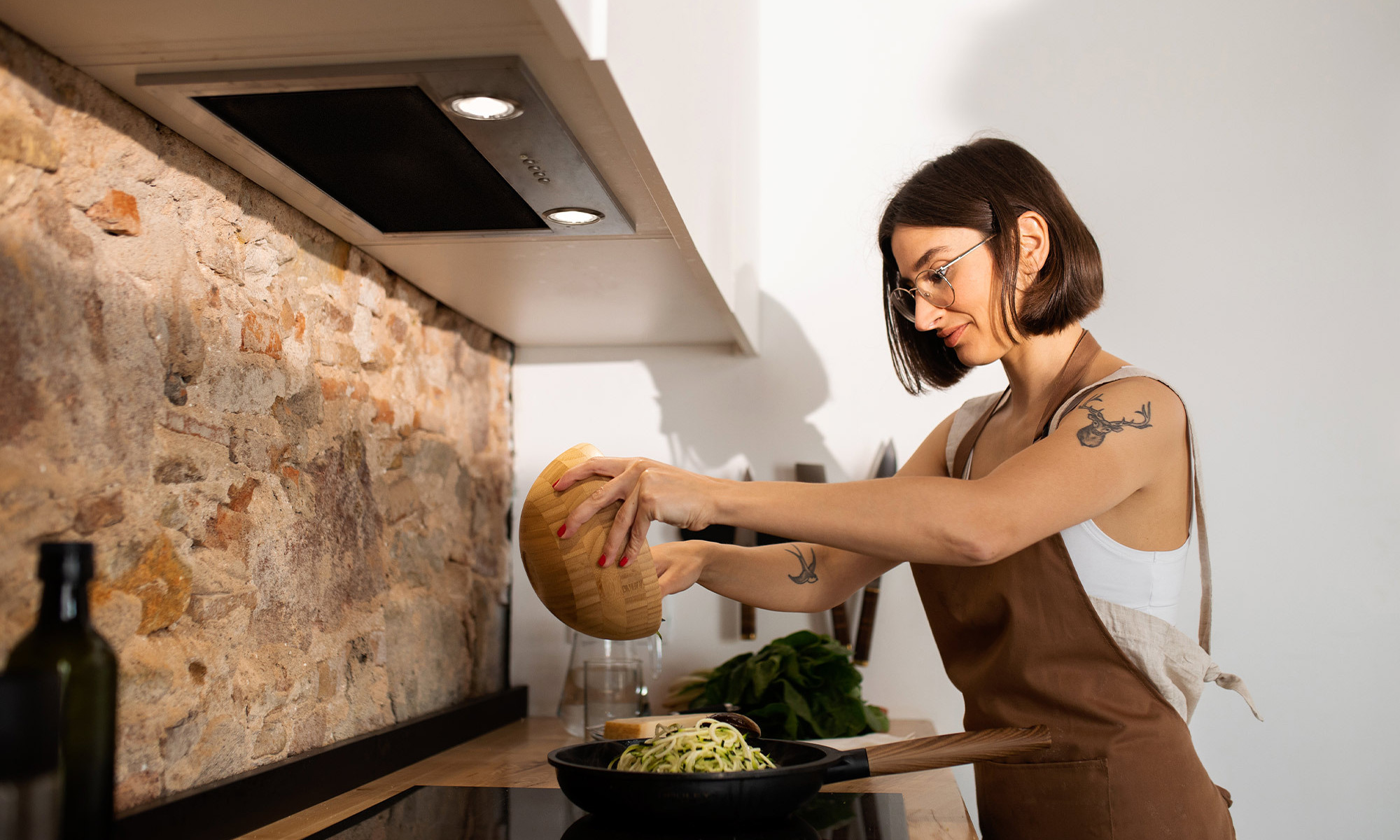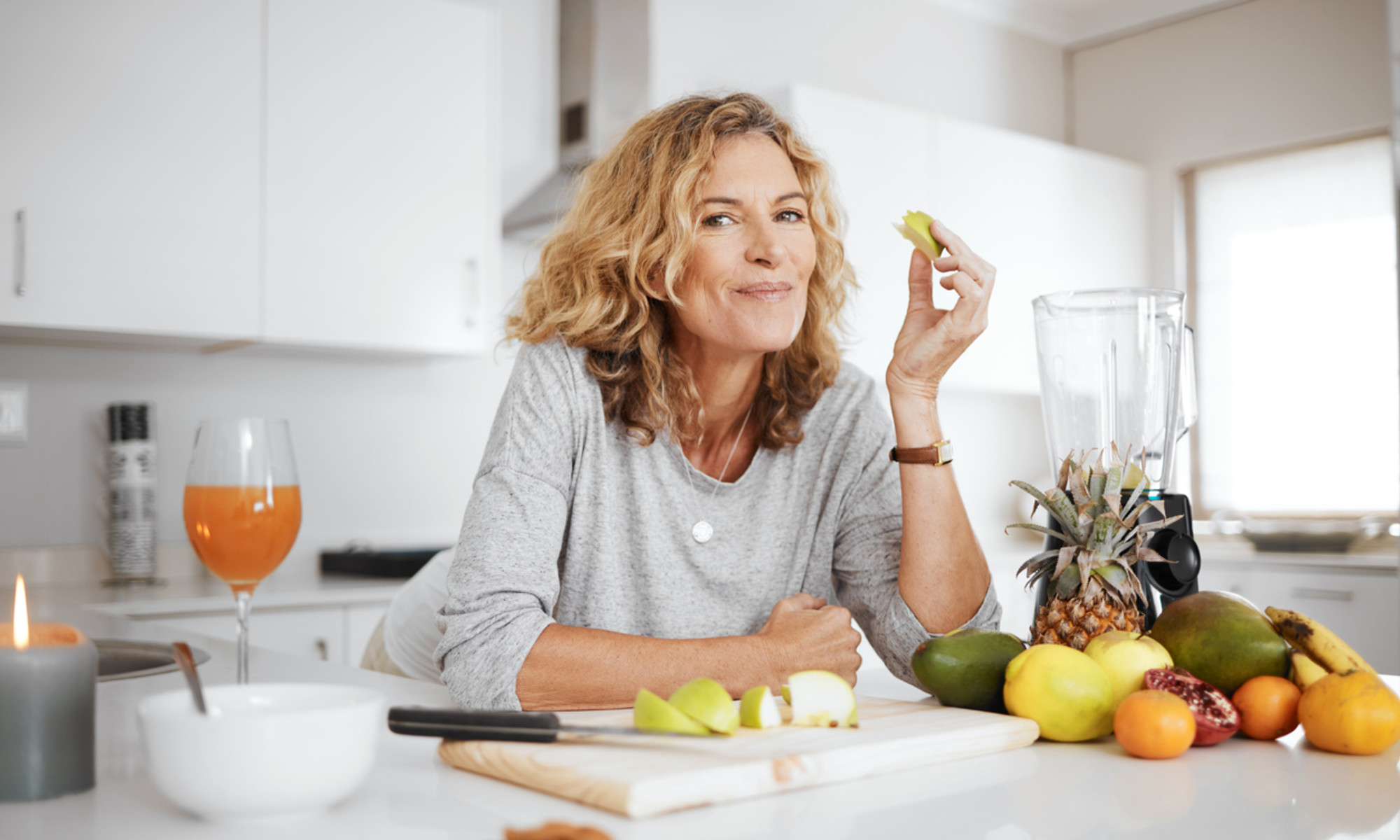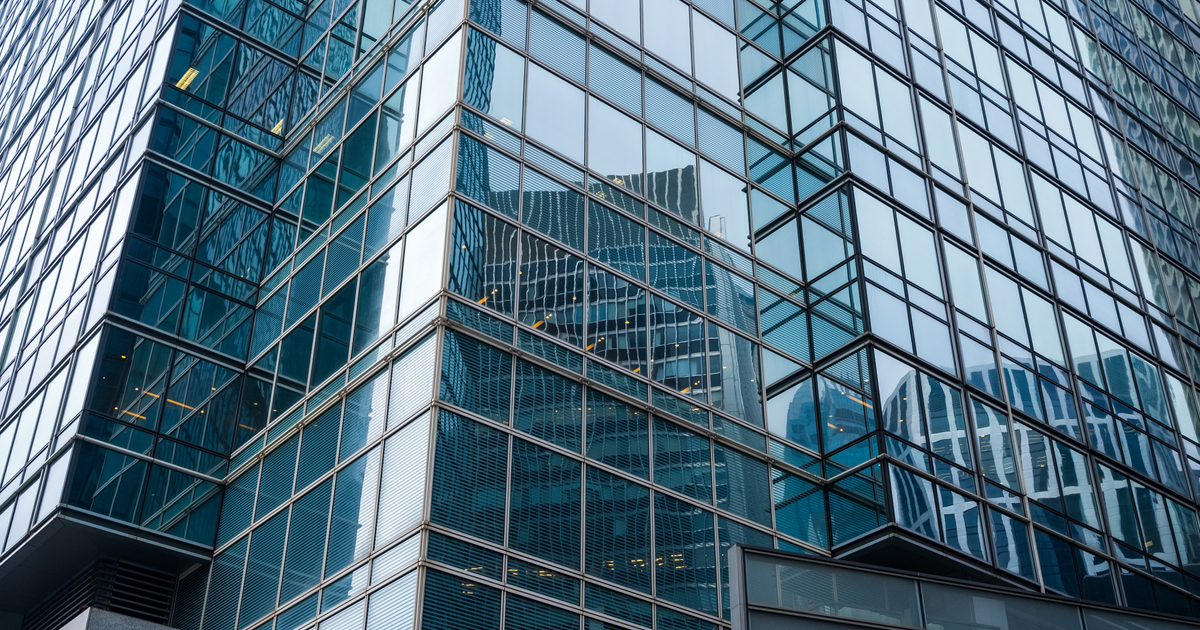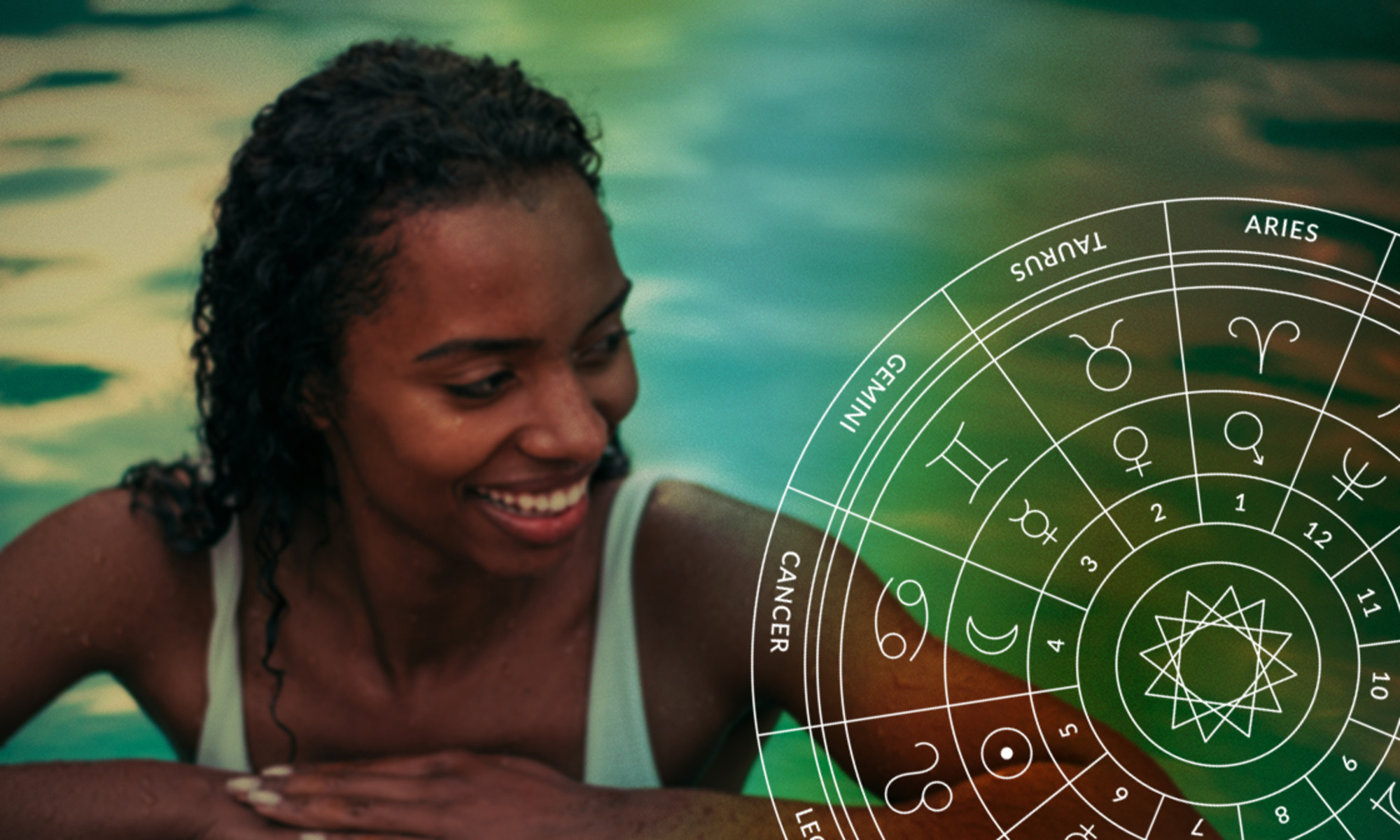Don’t sleep on this S’pore brand that’s planting 12,000 trees per year by selling mattresses
Heveya is a Singapore-headquartered business selling natural latex mattresses and beddings, focusing on sustainability.
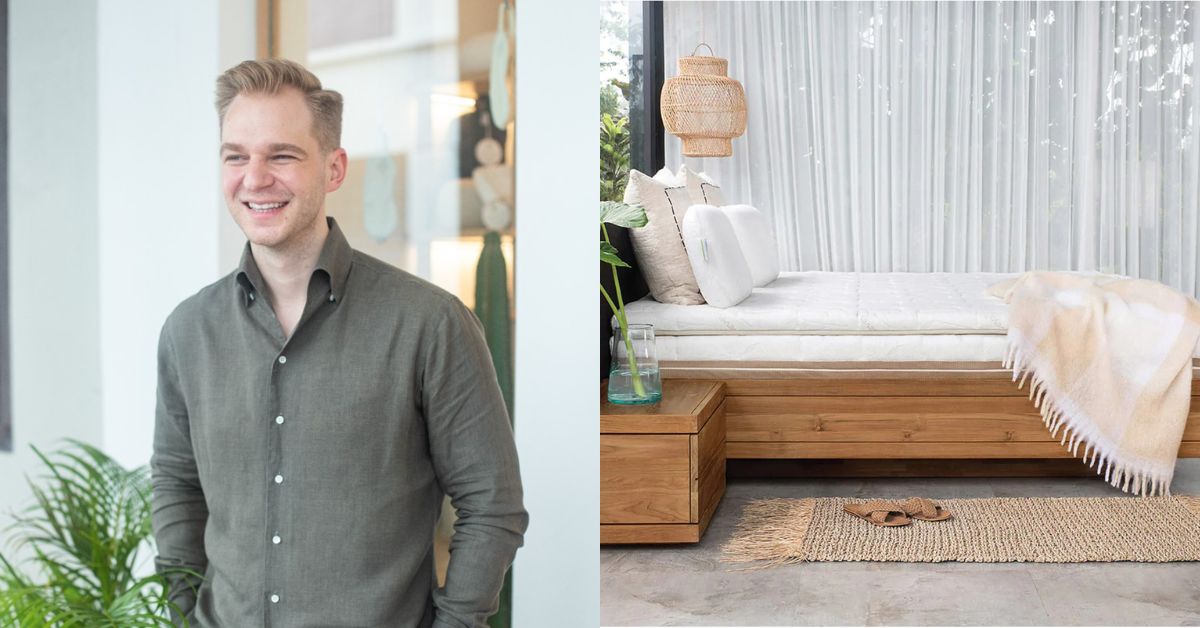
After 25 years in the mattress industry, Stefan Magnus decided to confront an issue he noticed in the market.
With many brands emphasising on visual aesthetics rather than quality, beds were becoming larger and higher, with a heftier price tag to match. Many of these beds would also feature exquisite quilting and luxurious fabrics.
But do these really enhance the sleeper’s comfort? To Stefan, the answer was no. He saw firsthand how his friends got stuck with poorly made beds for decades.
Believing that he had the necessary know-how to address this issue, Heveya was born in 2012.
What’s the matter with mattresses?
While traditional mattresses typically contain springs and polyurethane foam, Heveya has deliberately excluded those materials. Instead, their beds are made with 100% natural latex.
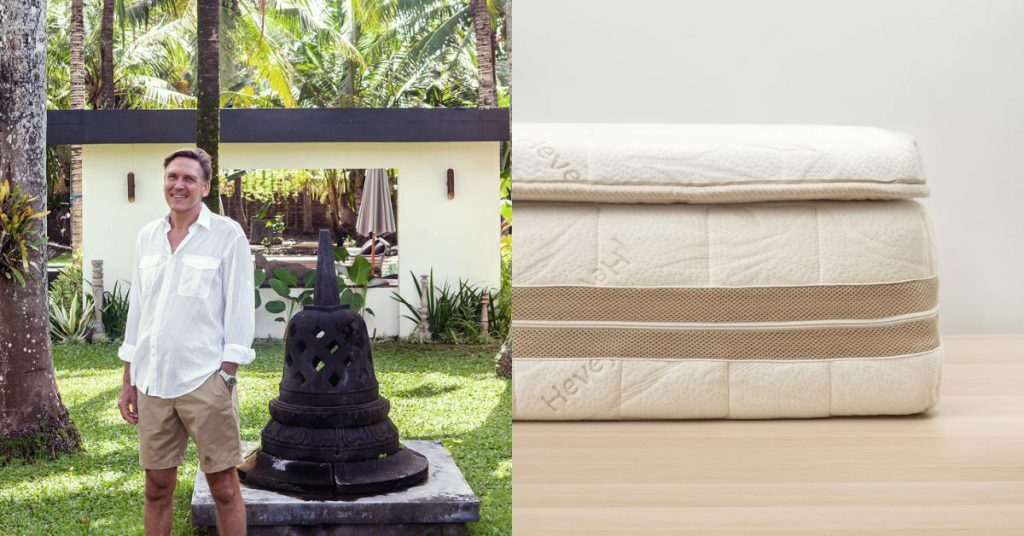 Stefan Magnus / Image Credit: Heveya
Stefan Magnus / Image Credit: HeveyaReferencing a book called Toxic Electricity by Steven Magee, Stefan believes that the metallic springs in bed generate electromagnetic fields, which can have adverse effects.
As for the foam, he pointed out that these are derived from petroleum, which undergo a chemical reaction during production. He argued that these end up releasing gases that continue to be emitted for a certain period.
On top of that, traditional spring mattresses usually can’t be opened and cleaned, leaning to the accumulation of dust and mites over time.
To counter this, Heveya mattresses feature removable covers, and do not have any empty spaces within the mattress, preventing the development of life forms such as dust mites.
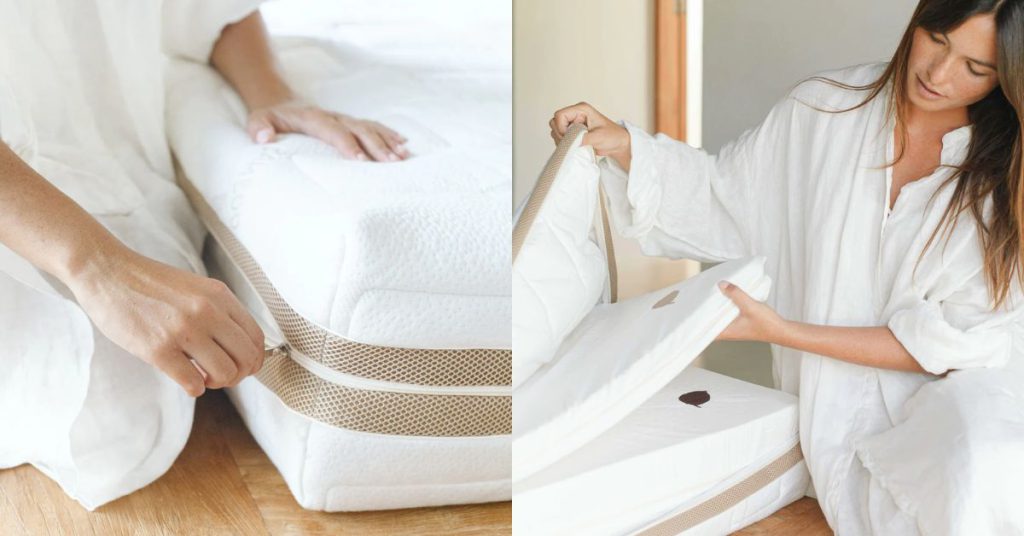 Image Credit: Heveya
Image Credit: HeveyaNatural latex also provides benefits like ventilation, elasticity, and durability.
But it’s not like Heveya discovered this. Before the inception of Heveya, natural latex was already recognised in the mattress world for its optimal properties. Yet, companies may hesitate to commercialise it due to its cost. He also believes that companies have a hard time differentiating their products without just adding the extra frills.
At Heveya, a more cost-effective product is created by adopting a direct-to-consumer model. By buying components like latex blocks and covers, Heveya can assemble mattresses directly at customers’ home, eliminating the need for a complete mattress factory.
The brand also adds value with features like a 100-day free trial. Components of their modular mattress can be adjusted until perfection or refunded.
Today, Heveya has expanded to cover not only mattresses, but a range of bedsheets, duvets, throws, towels, and other decorative fabrics.
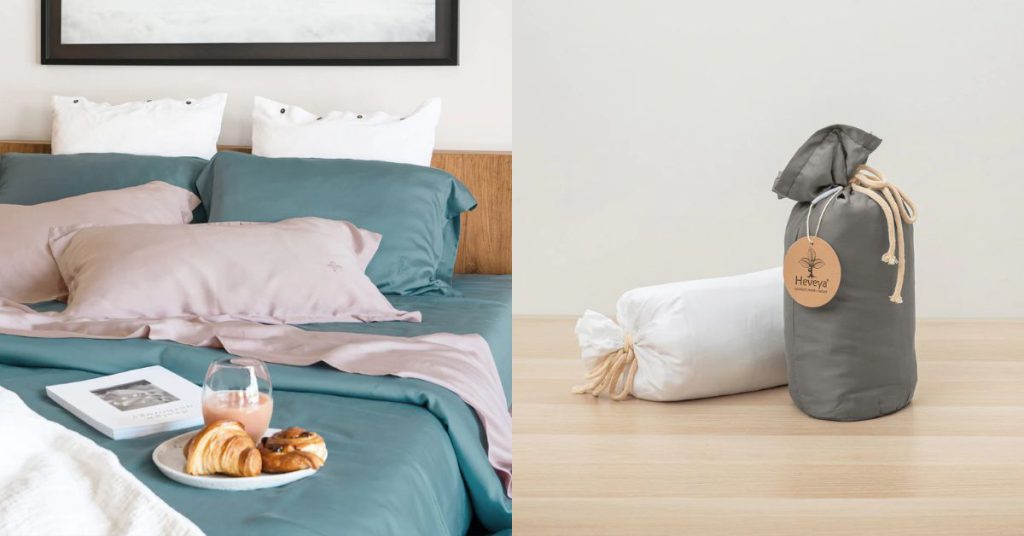 Image Credit: Heveya
Image Credit: HeveyaContributing back to the earth & more
More than just the improved product, though, something that might make Heveya a preferred choice, especially among educated consumers, is its commitment towards sustainability and social responsibility.
To accomplish this, suppliers and partners are meticulously selected, ensuring the whole chain is sustainable.
A notable sustainability initiative by the company is their collaboration with an organic certified plantation in Sri Lanka for natural latex production.
“This organic plantation helps protect the soil and rivers from toxic pesticides,” Thijs Veyfeyken, the managing director of the brand, explained. “Going a step further, we have also engaged in agroforestry plantations in collaboration with our supplier.”
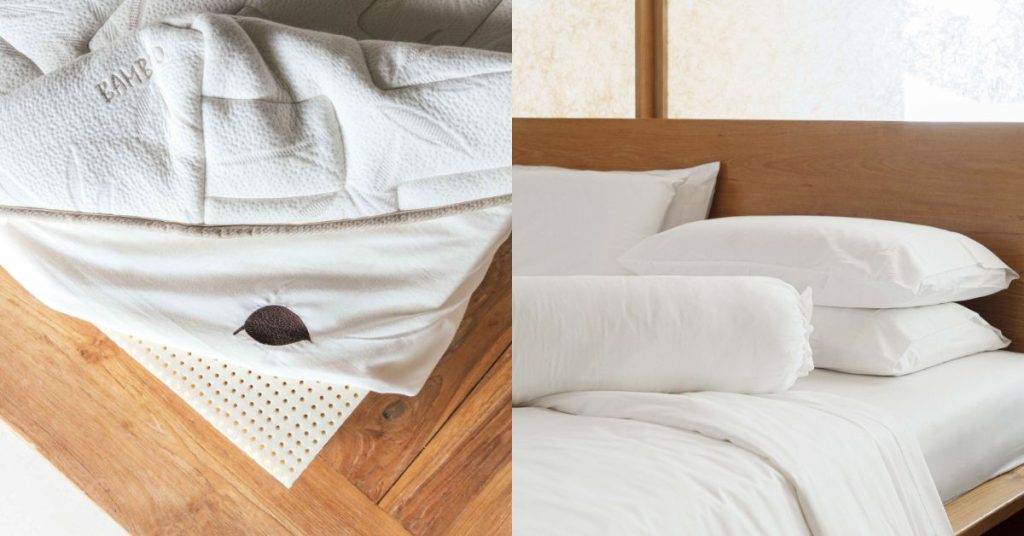 Image Credit: Heveya
Image Credit: HeveyaAgroforestry involves planting crops like peanuts, pineapples, papayas, and bananas in between the rubber trees. This ends up making navigation on the plantation more challenging, which is why farmers were very resistant to the idea at first.
However, the result has been remarkable. Farmers have benefited by selling additional crops like bananas and papayas. They have even introduced beehives and fishponds, Thijs said.
“Furthermore, the enriched soil has increased rubber tree yields by 20%,” the managing director added. “The Hevea Brasiliensis, or rubber tree (hence our name ‘Heveya’), already contributes to environmental preservation by absorbing over a ton of CO2 in its lifetime.”
He elaborated, “Through ecosystem restoration, we move closer to replicating the effects of a real rainforest. Our next step involves sourcing latex from trees growing naturally in rainforests in Borneo, leaving nature completely intact.”
On the topic of leaving nature intact, Heveya is working with Replant.world to plant trees in the rainforests of Borneo. These trees are then “given away” to customers.
Basically, Heveya customers can receive a certain number of trees based on the size of their purchase. These trees are given as digital tokens in a personalised wallet created by Heveya.
Moreover, these trees can be gifted to friends. For each tree given away, the business plants an additional tree.
“This initiative not only allows us to expand our tree planting efforts but also helps us connect with like-minded individuals through our customers’ referrals. On average, we plant approximately 12,000 trees per year,” Thijs said.
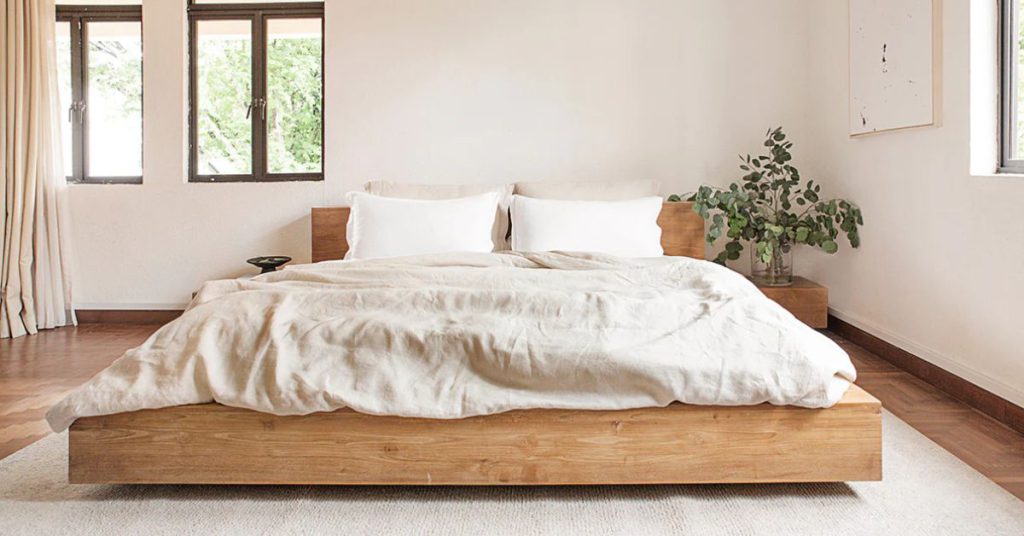 Image Credit: Heveya
Image Credit: HeveyaThe company is also involved in philantrophy. Each year, they sponsor students from the Sumba Hospitality Foundation (SHF), which provides opportunities for the people of Sumba to participate in the island’s hospitality sector.
“Given the low education levels in Sumba, without the foundation, locals would miss out on the benefits of the emerging tourism industry,” he said. “The SHF prioritises sustainability and witnessing the transformation of its students within a year is truly inspiring.”
Sustainability as the operative word
Offering its customers a chance to test their beds, Heveya has retail stores in Singapore (Tiong Bahru Showroom), Indonesia (Canggu Showroom), and Dubai. The mattresses are also available in other select stores in these areas.
“Additionally, we have online ecommerce stores in Singapore, Indonesia, Malaysia, Australia, Hong Kong, and Dubai,” he added.
Currently, Thijs already considers Heveya to be a leader in Asia for sustainable bedding products. Moving forward, he wants to expand the brand’s reach further in Asia Pacific and the Middle East.
The long-term vision is to become a world leader in this field.
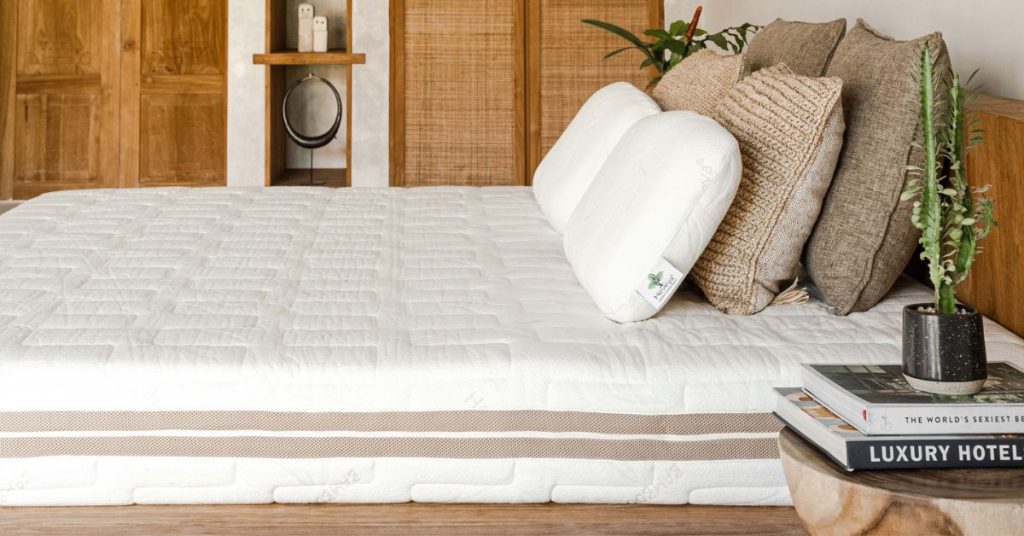 Image Credit: Heveya
Image Credit: Heveya“We identify new countries for expansion by considering factors such as low competition and a high number of foreigners,” he said. “To test the potential of a market, we first launch a digital marketing campaign in the target country and analyse the reaction.”
With this strategy, they have already planned to open two more outlets in Singapore—one in Vivo City with Tangs and one self-owned store in a relevant department store. Theyr’e also opening a Heveya Dubai in 2024, and will have a presence in Jakarta by 2025.
For 2026, Heveya has plans to foray into another country that’s yet to be decided.
Initially, when I first came across Heveya, I admit I was sceptical, wondering whether they were just greenwashing.
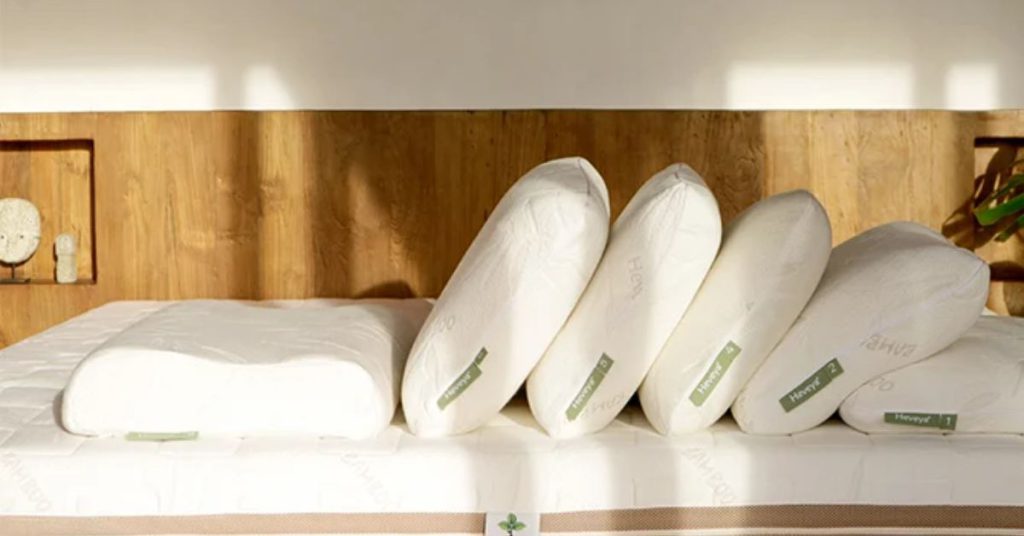 Image Credit: Heveya
Image Credit: HeveyaMy doubts were multiplied because of Heveya’s price of S$4,488 for its SG King mattresses—more expensive compared to similar offerings by other online options I found in Singapore like Willow Mattress.
But after learning more about the business from Thijs, I’ve learnt that it’s more than the product itself, but rather everything else that comes with it. For Heveya’s case, this includes peace of mind.
It sounds like Heveya quite literally wants to help people sleep better at night, through both their mattresses and the good that they’re enabling in this world.
Learn more about Heveya here. Read other articles we’ve written about startups here.Featured Image Credit: Thijs Veyfeyken / Heveya

 ShanonG
ShanonG 







